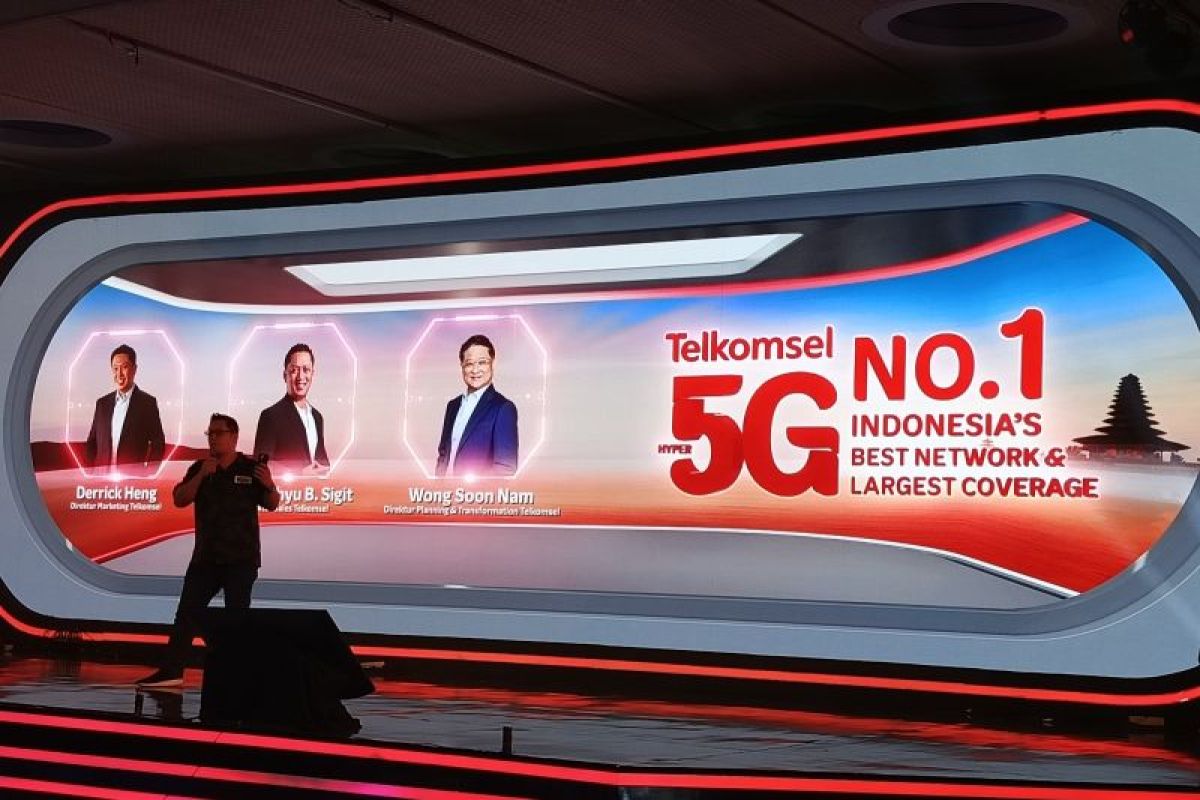In recent years, mobile network operators around the world have raced to roll out next-generation connectivity. In Indonesia, the operator Telkomsel is stepping up efforts to broaden its 5G footprint. This article examines how Telkomsel 5G adoption is unfolding, what strategic levers the company is using, and why this matters for Indonesia’s digital economy and industry sectors.
The Strategic Imperative for Telkomsel 5G Adoption
Indonesia’s digital ecosystem is set against a backdrop of evolving consumer behaviour, growth in enterprise digital demands and a national ambition to accelerate its digital economy. For Telkomsel, expanding its 5G network is not merely a matter of offering faster speeds, but a strategic push into enabling connected devices, low latency applications, and supporting sectors such as manufacturing, smart city infrastructure and enterprise solutions.
According to recent disclosures, Telkomsel’s expansion strategy for 5G includes wider network coverage in key cities, targeted initiatives to drive device uptake, and bundling offers to encourage customers to shift to 5G-capable services. The operator is reportedly building out base stations across dozens of cities and regencies, aiming to create the infrastructure backbone that supports its 5G ambitions.
From the consumer side, Telkomsel has introduced promotional bundles such as “Super Seru 5G” with double data quotas, and incentives for new 5G-device subscriptions, all of which are designed to reduce barriers to adoption and accelerate the shift from 4G to 5G.
Key Drivers of Adoption: Coverage, Devices, and Offers
A major factor in driving 5G adoption is ensuring that coverage is meaningful. Telkomsel’s approach to expanding its 5G network is measured and phased: focusing first on high-density urban areas, strategic routes, and fixed wireless deployment in underserved zones. For example, deployment in the greater Jakarta area (Jabodetabek) and Bali has been highlighted as key test beds for mass 5G rollout.
Device penetration is another critical dimension. Without enough customers equipped with 5G-capable handsets, network investment alone won’t guarantee adoption. Telkomsel’s bundling of 5G devices and data bonuses is aimed at accelerating the upgrade cycle. This addresses the interplay of network readiness and consumer hardware readiness.
Promotional offers act as incentives. For example: double quotas for 5G bundles, device exchange programs, and targeting both prepaid and postpaid segments. These measures help mitigate cost-barriers and stimulate trial, which in turn drives habitual usage, an important step in converting users into 5G adopters.
Implications for Industry, Consumers and the Digital Economy
The expansion of 5G adoption via Telkomsel has broader implications beyond enhanced mobile broadband. For consumers, faster speeds and lower latency mean richer experiences, seamless streaming, augmented/virtual reality applications, cloud gaming, and more interactive services. For enterprises, 5G opens the door to private networks, industrial IoT, smart manufacturing, and edge computing, enabling real-time analytics and connected processes.
For Indonesia’s digital economy, widespread 5G adoption supports the government’s goal to become a digital powerhouse in Southeast Asia. It enhances infrastructure readiness for digital transformation across sectors: from healthcare and education to logistics and agritech.
Telkomsel’s move to integrate artificial intelligence (AI) in its network operations further supports this vision. Through autonomous networks and AI-based customer service, the operator is seeking to deliver higher service quality and reliability, features that are critical to enterprise clients requiring mission-critical connectivity.
Challenges and Path Ahead
Despite momentum, there are several challenges to realise full scale 5G adoption. First, device affordability remains a barrier in some demographic segments. Even with bundling offers, the upgrade cost can be significant for many users. Second, ensuring uniform coverage across Indonesia’s vast archipelago is a logistical and financial challenge. Urban areas may be well-served, but rural and remote regions still lag.
Third, killer applications that truly differentiate 5G over 4G for mainstream consumers and enterprises are still emerging. Without compelling use-cases, adoption may plateau. Fourth, regulatory, spectrum and infrastructure investment dynamics must align to ensure that the cost of roll-out does not undermine commercial viability.
Going forward, Telkomsel 5G adoption will depend on the operator’s ability to progress from initial roll-out to scale, driving ecosystem partnerships (device makers, enterprise solutions, local governments), stimulating use-case development, and converting trial users into sustained 5G subscribers. Moreover, monitoring metrics such as data usage per user, device upgrade rates, and enterprise uptake will be key to evaluating success.
A Strategic Leap into the 5G Era
Telkomsel’s strategic push into 5G adoption represents more than a network upgrade, it is a deliberate attempt to position the operator as an enabling backbone for Indonesia’s digital future. By combining network expansion, device bundling, promotional incentives and AI-enabled operations, Telkomsel is seeking to convert infrastructure potential into actual adoption and usage.
For stakeholders in Indonesia’s technology ecosystem, from startup founders, enterprise decision makers, to government planners, the development is worth close attention. How quickly and effectively 5G adoption progresses will influence the pace of digital transformation, innovation, and competitiveness of Indonesian industry in the global arena.
As the market matures, adoption metrics and real-world applications will determine whether 5G becomes a mainstream connectivity paradigm or remains a niche offering. In that context, Telkomsel’s next moves, in coverage expansion, ecosystem building and enterprise engagement, will shape not only its own future, but also the broader trajectory of Indonesia’s digital economy.
Read More






 Friday, 06-02-26
Friday, 06-02-26







